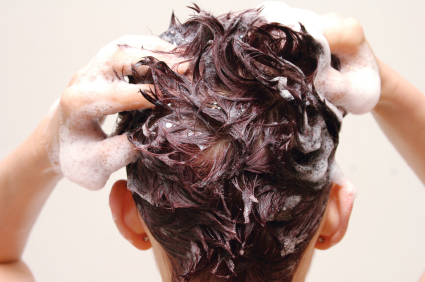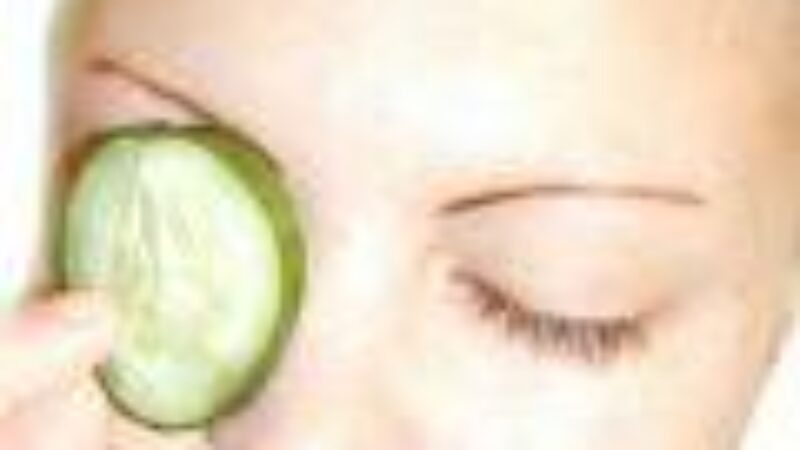If you’re a dandruff sufferer, then you’re only too familiar with its symptoms; what you may not know is that dandruff may be related to a fungus. Though not medically serious, dandruff can cause embarrassment. And while it can’t be cured, the good news is that it can be controlled.
Although many of us equate dandruff with dry skin, dandruff is in fact associated with a condition known as seborrhea. Seborrhea causes skin cells on the scalp to shed and be replaced more quickly than normal (in 10 to 15 days as compared to one month under normal circumstances). The speed in shedding ends up with what we call dandruff. Seborrhea is often prompted by the secretion of sebum (oil) from the sebaceous or oil producing glands. And, the hormonal changes that occur during puberty can be a trigger. Since sebaceous glands are found on parts of the body with hair follicles, other body parts including the eyebrows, beards in men, the nasolabial fold and even other body parts, may be affected.
P. ovale May Be The Cause of Dandruff
Dandruff may be triggered by a number of factors including frequent exposure to extreme heat and cold, certain foods (especially sugar and yeast) and excessive perspiration. What we also know is that a fungus – P. ovale (also known as Malassezia furfur) – which is found naturally on the skin surface of healthy individuals can overgrow under certain circumstances resulting in dandruff. While it’s not clear what causes the overgrowth, excessive sebum, hormonal changes, illness, stress or a susceptibility to the fungus itself may be responsible. P. ovale feeds on the oil secreted by hair follicles and can grow out of control.
An Anti-Fungal Shampoo Can Help
While there are a number of treatments for dandruff, they all work in different ways:
- Zinc pyrithione can help to kill the fungus and exfoliate the scales associated with dandruff.
- Coal tar preparations help to slow down the skin cell turnover.
- Salicylic acid exfoliates and helps to eliminate scaling.
- Ketoconazole is an anti-fungal that kills the P. ovale that causes dandruff. It must be used regularly to prevent its overgrowth.
Although the control of dandruff is best managed with a multi-faceted approach, many individuals do benefit from the regular use of an anti-fungal shampoo.




